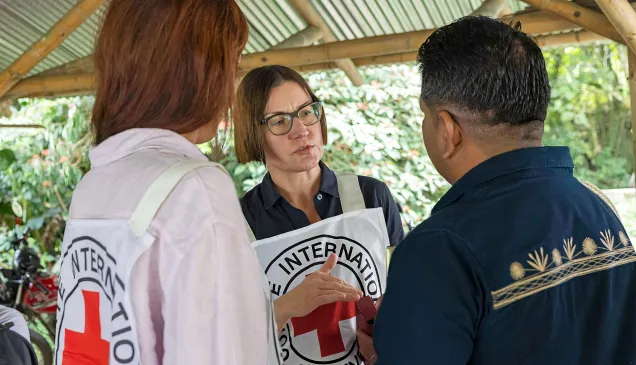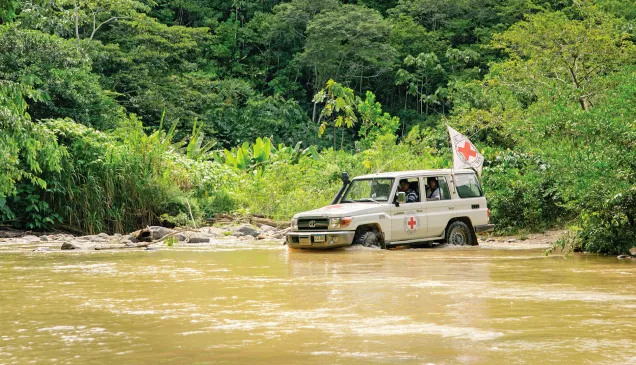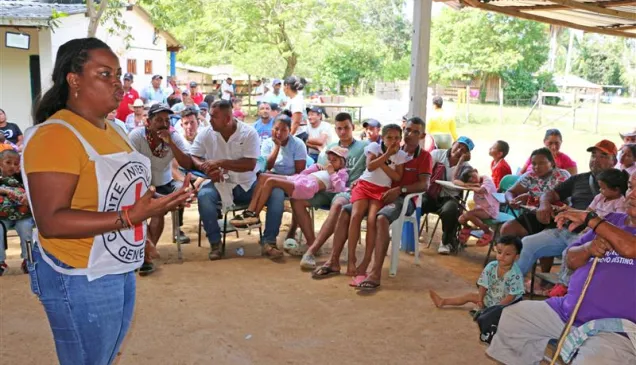The longest confinement: ICRC campaign in Colombia
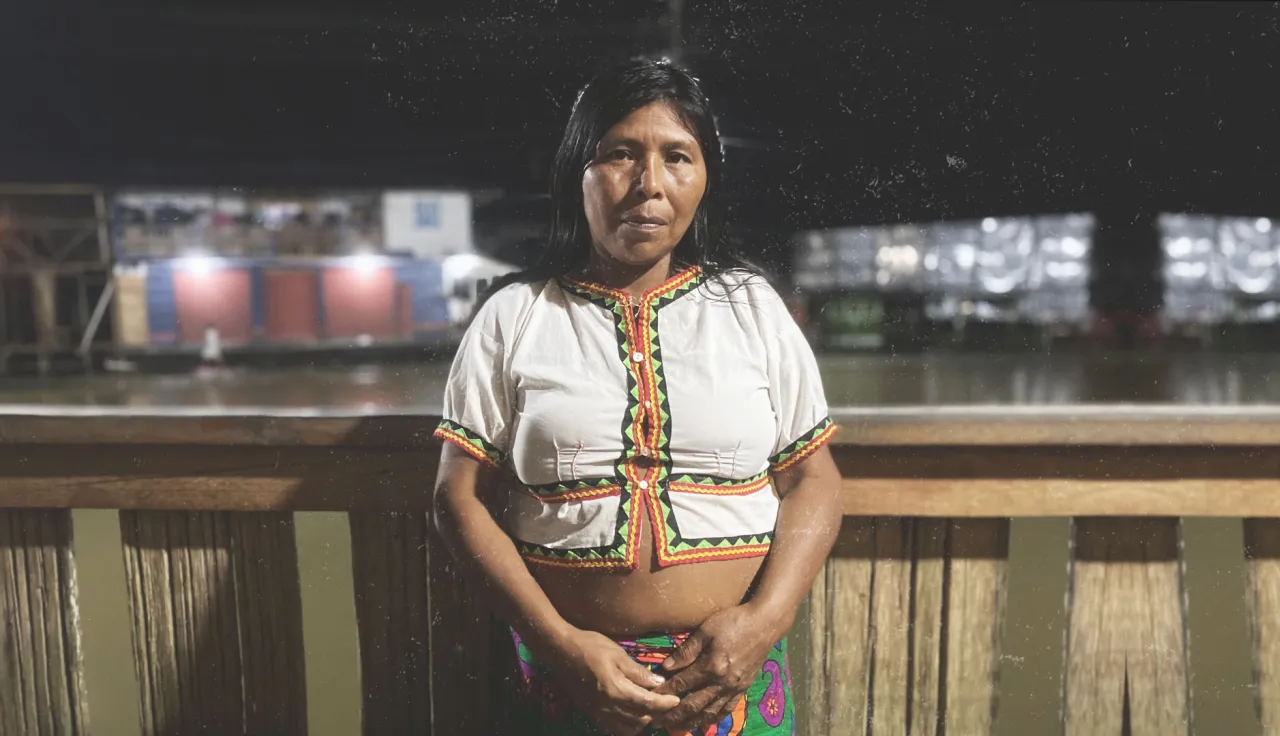
For many people, the word confinement has a direct link to the COVID-19 pandemic. However, in Colombia, many communities were sadly all too familiar with the concept long before the global health crisis of 2020.
The presence of unexploded device (such as mines and explosives) has meant that for decades communities across the country have had their movements restricted. They are in perpetual confinement, unable to leave their homes for fear of what lies on the ground. One wrong step could cost them their lives. This is not normal, and it should not be normalized.
Anti-personnel mines, explosive remnants of war, controlled detonation devices and dropped ordnance have direct effects on the civilian population. Between January 2018 and August 2022, the ICRC recorded 1,938 victims of explosive devices, most of them civilians. This clearly shows the direct human cost.
Yet the impact on affected communities is much wider. It includes restrictions on free movement, displacement, and psychological effects including anxiety which are all less visible but equally worrying. They completely and profoundly transform the lives of those affected.
The changes in the country's armed conflicts, in addition to territorial disputes between various armed actors and issues related to the the control of illicit crops have further exacerbated the situation. As a result, some of the worst-affected communities end up suffering in silence.
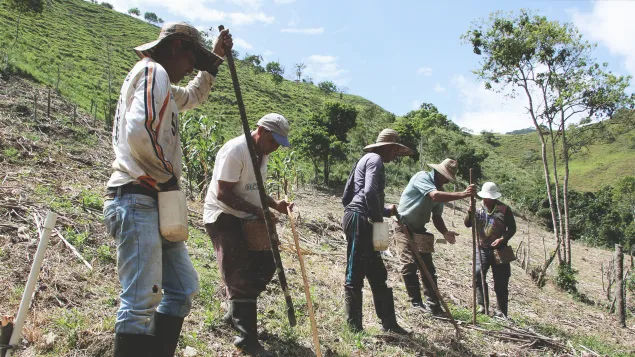
For many colombians living in areas affected by armed conflicts and violence, not being able to leave their homes means they must sleep hungry and thirsty, not being able to harvest their crops and being left without access to medical and educational services.</h2>
According to the Unit for Attention and Integral Reparation for Victims, the number of people not able to move freely as a result of armed conflict in Colombia is 137,500. If we analyze the figures from January 2018 to June 2022, they show the affected departments are almost the same over the years: Chocó comes top, with more than 70% of cases of people reporting they feel confined and unable to move freely, followed by Antioquia and Nariño. Cases are also reported in Arauca, Risaralda, Putumayo, Valle del Cauca and Cauca. Other regions, such as Norte de Santander, don't feature in the official figures but we know from our work with these communities that they are also affected.
As a result, entire communities are experiencing fear, anxiety and helplessness. They have lost their livelihoods and access to healthcare and education because they cannot move freely due to the constant and invisible threat posed by explosive devices.
In addition, people have been forced to stop working the land and live in hunger. They have lost access water sources. They have stopped visiting family and friends for fear of leaving their own homes. They have had to abandon their traditional ways of living. Instead, they live in confinement, for fear of death.
Worse, armed conflict is not the only reason people feel confined. Armed violence in urban settings has also left entire communities in perpetual confinement. Sometimes they might be able to leave their house, but not their neighborhood, as occurs in cities such as Buenaventura, Tumaco, Cali, Medellín or Bogotá.
#TheLongestConfinement is a campaign by ICRC Colombia that aims to raise awareness of the multiple effects and suffering caused by the presence of explosive devices in different communities throughout the country.
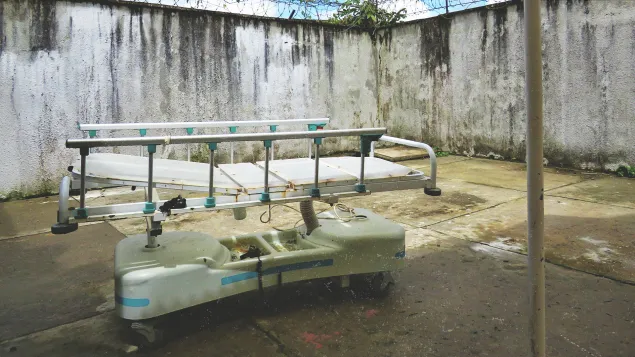
The latent risk of suffering an accident with explosive devices while traveling from one place to another in rural areas has been a determining factor for many people to choose to stay at home and not be attended by health personnel, in addition to the fact that the necessary supplies for basic care do not arrive. </h2>
What IHL says about restriction of movements and explosive devices
In general terms, international humanitarian law (IHL) prohibits methods and means of warfare that are indiscriminate and/or cause superfluous injury or unnecessary suffering. These restrictions apply to the type of weapons used, the manner in which they are employed and the general conduct of all those involved in the armed conflict. Therefore, the indiscriminate use of explosive devices is contrary to the principles of distinction, proportionality and precaution.
As for confinement, although it is not expressly mentioned in the rules governing non-international armed conflicts (Art. 3 Common, Additional Protocol II and Customary IHL), IHL does establish obligations for parties to conflicts to treat with dignity all persons under their control. It especially prohibits outrages against personal dignity, humiliating and/or degrading treatment.
Likewise, confinement brings with it humanitarian consequences that link obligations such as the due protection of the civilian population (Art. 13), the prohibition of starvation (Art. 14 IIP) and the provision of relief actions, when they are suffering extreme deprivation due to the lack of supplies indispensable for their survival, such as food and sanitary supplies, actions that may be carried out through impartial humanitarian organizations (Art. 18 IIP).
Media contact:
Mateo Jaramillo, ICRC, Bogotá
Communication Coordinator
Telephone: +57 3102218133
Email: mjaramillo@icrc.org
www.cicr.org/co
@CICR_co

